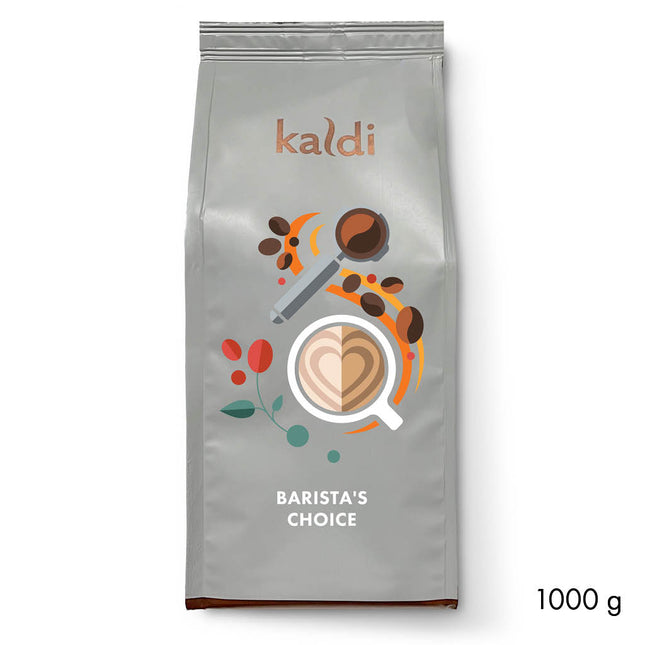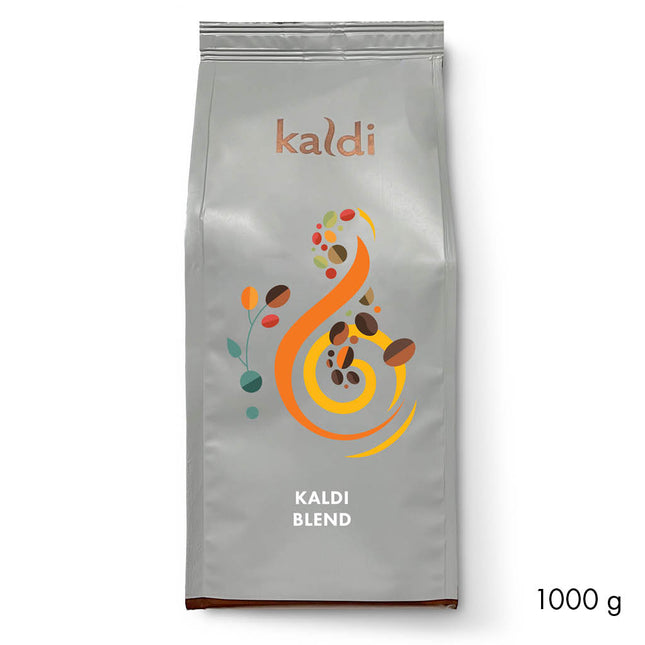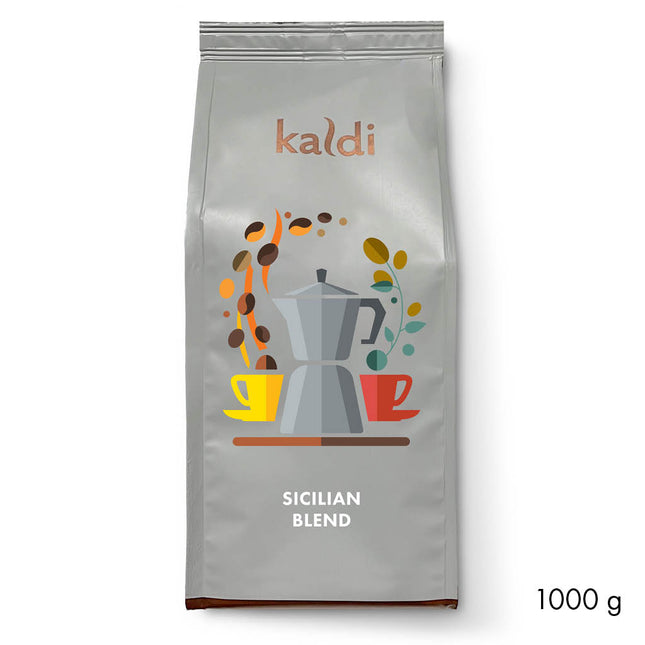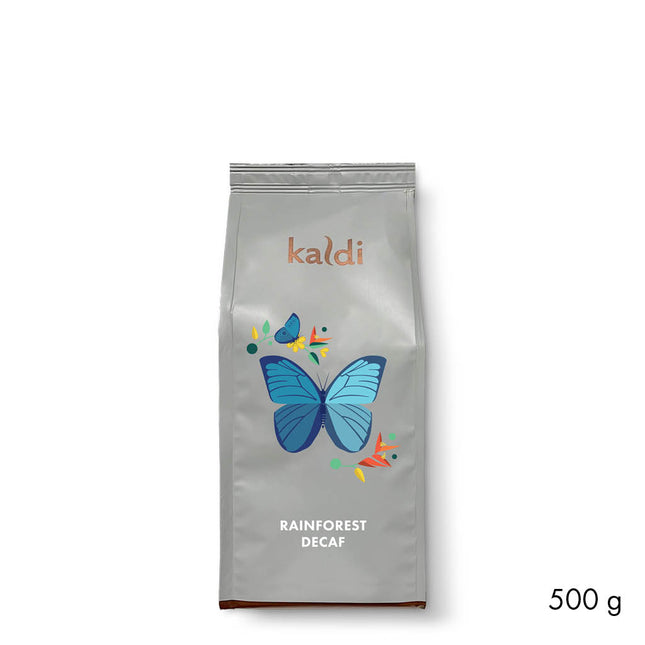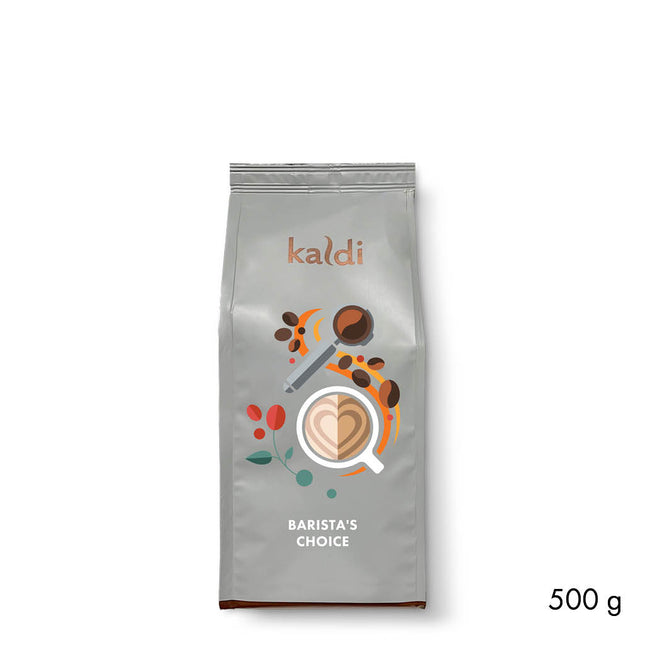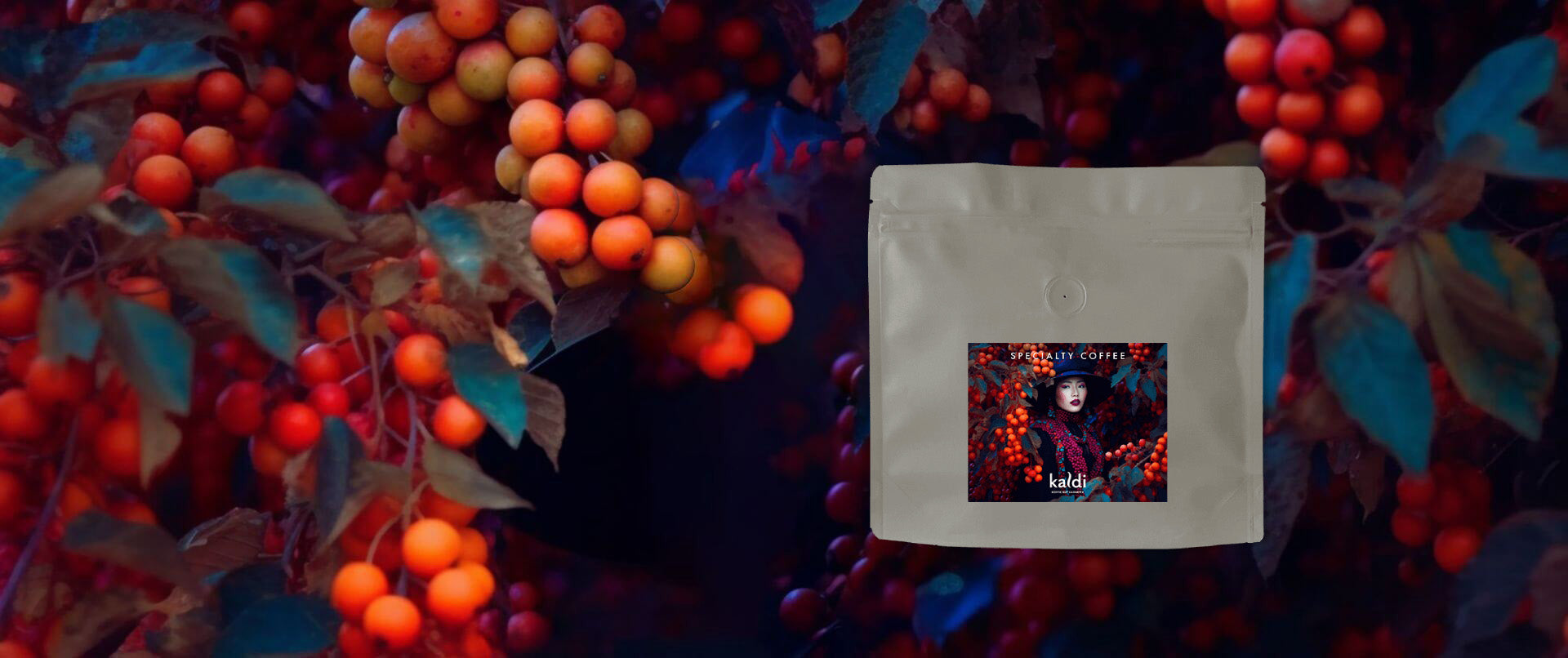

The cappuccino is a classic among coffee drinks. It seduces with its creamy texture and rich flavor. But what makes a cappuccino truly irresistible? The secret lies not only in the barista's skill, but also in the choice of coffee beans. By choosing the right coffee beans, you're already one step closer to making the perfect cappuccino at home. In this blog post, we'll explain which coffee beans are best for cappuccino and why.
What is a cappuccino?

A cappuccino is a classic Italian coffee drink made with equal parts espresso, steamed milk, and milk foam. It's often served in a larger cup and is known for its creamy texture and rich flavor.
The espresso forms the base of the cappuccino and is then supplemented with steamed milk and milk foam, resulting in a perfectly balanced drink with a delicious interplay of flavors and textures.
With its signature combination of espresso, steamed milk, and milk foam, the cappuccino is beloved around the world and a treat for coffee lovers.
Why are the right coffee beans important for a cappuccino?
Each component of a cappuccino contributes to the overall taste experience, but the espresso remains the foundation. Therefore, choosing the right coffee beans is crucial for preparing a perfect cappuccino.
The coffee beans you choose should have a flavor profile that complements the sweet milk and soft froth of the cappuccino. They should also be strong enough to cut through the milk and retain their distinctive flavor, even when mixed with milk and froth.
The best type of coffee beans for a cappuccino

When choosing the best coffee beans for a cappuccino, there are several factors to consider. First, it's important to choose beans with a robust flavor profile that will stand out against the sweet milk. Robusta coffee beans are often a favorite choice because of their strong, earthy flavor profile and higher caffeine content, which creates a robust espresso that perfectly complements the milk.
Another important factor is the creaminess of the milk. For a silky cappuccino, you want beans that produce a rich crema and deliver a smooth, full-bodied espresso. Arabica beans are an excellent choice because of their complex flavor profile and mild acidity, resulting in an espresso that is both velvety and full-bodied.
Why Robusta Beans Are a Good Choice for a Cappuccino
- Powerful flavour profile that stands out against the sweetness of the milk.
- Earthy and spicy aromas and flavours with a characteristic kick.
- Higher caffeine content compared to Arabica.
- Produces a rich crema for a creamy and silky cappuccino.
Why Arabica beans are also suitable for a cappuccino
- Complex flavour profile with a soft acidity.
- Subtle notes of fruit, flowers and nuts that complement the sweetness of milk.
- Lower caffeine content compared to Robusta coffee beans and therefore less powerful.
- Makes for a very balanced cappuccino.
The influence of your chosen brewing method
The brewing method plays a crucial role in the flavor development of the espresso that forms the basis of a cappuccino. Manual brewing methods such as a percolator or moka pot, where water is forced through the ground coffee under pressure, can produce a deeper, more pronounced flavor. These methods allow the coffee to remain in contact with the water longer, resulting in an espresso with a richer body and more complex flavor profile.
Semi-automatic espresso machines offer greater precision and control over the brewing process. The grind size, brew time, and water temperature can be precisely adjusted to prepare the perfect espresso. These machines offer a balance between consistency and customizability, allowing you to fine-tune the flavor of your espresso to your preference.
Fully automatic espresso machines are designed for ease of use and require minimal effort from the user. These machines grind the beans, measure the coffee, and brew the espresso at the touch of a button. While they offer convenience, fully automatic machines can sometimes struggle to match the nuances and complexity of manual brewing methods, resulting in an espresso that may lack depth and character.
Bad taste in your cappuccino
Besides the choice of coffee beans and the brewing method, the hygiene and cleanliness of the espresso machine and milk system also play a crucial role in the taste of a cappuccino. A dirty machine can leave residue and bitterness in the espresso, affecting its flavor. Furthermore, uncleaned milk systems can lead to the buildup of bacteria and milk residue, resulting in an unpleasant taste and texture of the milk froth. Therefore, regular maintenance and cleaning are crucial to maintain the optimal taste and quality of your cappuccino.
Conclusion
Choosing the right coffee beans is a key factor in preparing the perfect cappuccino. Whether you prefer the bold flavor of robusta beans or the subtle notes of Arabica, both types can produce a delicious and well-balanced cappuccino that's irresistible every time.
Taste is, of course, very subjective, so which coffee beans you'll find best for your cappuccino is entirely up to you! Keep tasting, keep experimenting, and discover your own favorite coffee flavors. If we were to make a suggestion for the best coffee beans for cappuccino, we recommend our own Kaldi Blends! With the Kaldi Classics Tasting Pack, you'll receive all three of our house blends, each with its own unique character for your cappuccino.
Prefer a tasting or some personal advice? Then visit a Kaldi near you!

